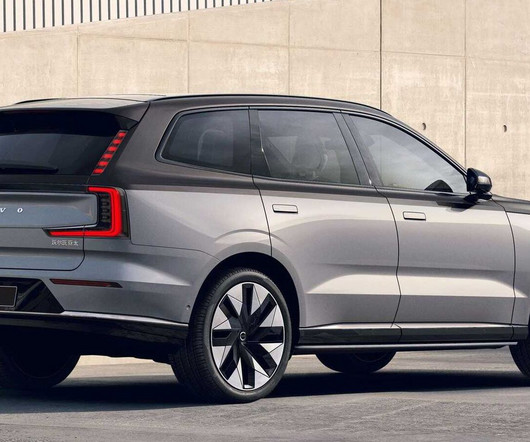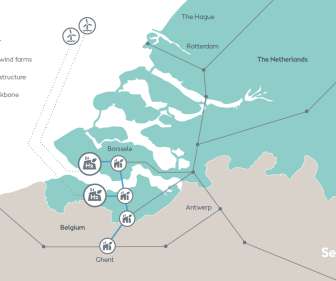New study finds GHG emissions from palm oil production significantly underestimated; palm oil biofuels could be more climate-damaging than oil sands fuels
Green Car Congress
APRIL 27, 2012
When peat swamps are drained for agriculture, the peat begins to decompose, and is an enormous source of carbon emissions. Based on visual interpretation of high-resolution (30 m) satellite images, a new study in the journal Global Change Biology: Bioenergy determined that industrial plantations covered over 3.1 —Miettinen et al.

























Let's personalize your content